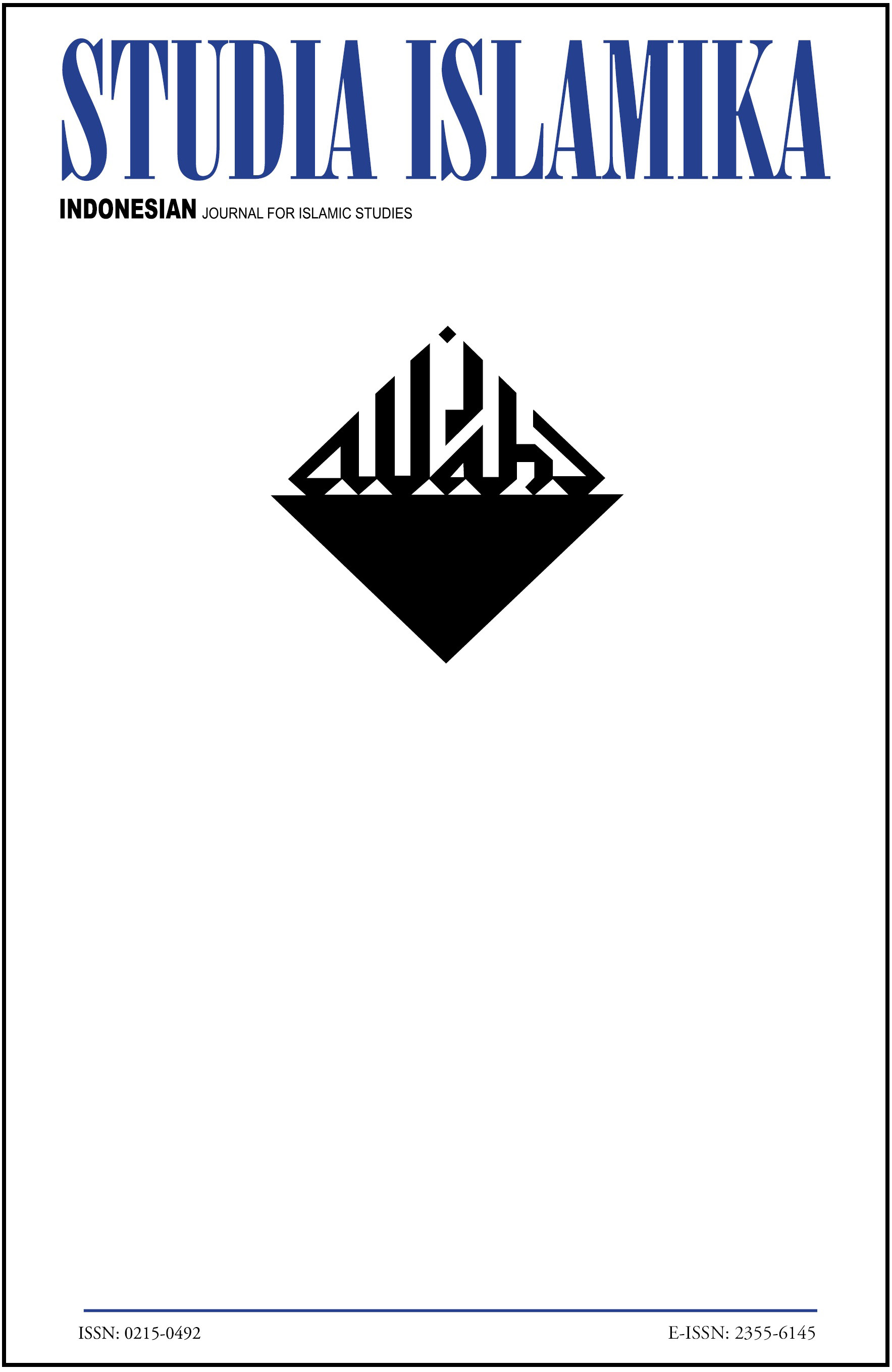Abstract
The extent of religious values and symbols in encompassing the direction of Indonesian nation state from the beginning of modern Indonesian history was the most popular determinant contestation in Indonesian political activism along with the emergence of the new sentiments of nationalism and anti-colonialism. Following the embracement of Pancasila (the Five Principles) as the state socio-political foundation, Indonesia would be neither a secular state in which religion was absolutely separated from the state, nor a religious one where the state was organized on one particular faith. Bearing in mind that religion is very important in the state system, the state normatively defines its role on religious affair, as clearly outlines in the Constitution, paving the way for the government to take religious affairs as part of its service. For many decades, the government is very active to promote religious toleration among the communities given to the heterogeneities of religious groups in Indonesia. Implicit here is the importance of a well-grounded policy that continually balances the degree of level of contribution of religious groups in forming a unique Indonesian identity. Hence when Indonesian people identify themselves with particular religious grouping, it does not mean that they have less loyalty to Indonesian nation- statehood. It seems clear that retaining religious (and cultural identity) is not the same thing as political allegiance to a country. Ethnic or religious loyalties do not detract from wider loyalties to the country. For them both loyalties are mutually defining their very existence.Authors who publish with this journal agree to the following terms:
- Authors retain copyright and grant the journal right of first publication with the work simultaneously licensed under a Creative Commons Attribution License that allows others to share the work with an acknowledgement of the work's authorship and initial publication in this journal.
- Authors are able to enter into separate, additional contractual arrangements for the non-exclusive distribution of the journal's published version of the work (e.g., post it to an institutional repository or publish it in a book), with an acknowledgement of its initial publication in this journal.
- Authors are permitted and encouraged to post their work online (e.g., in institutional repositories or on their website) prior to and during the submission process, as it can lead to productive exchanges, as well as earlier and greater citation of published work.
Downloads
Download data is not yet available.

